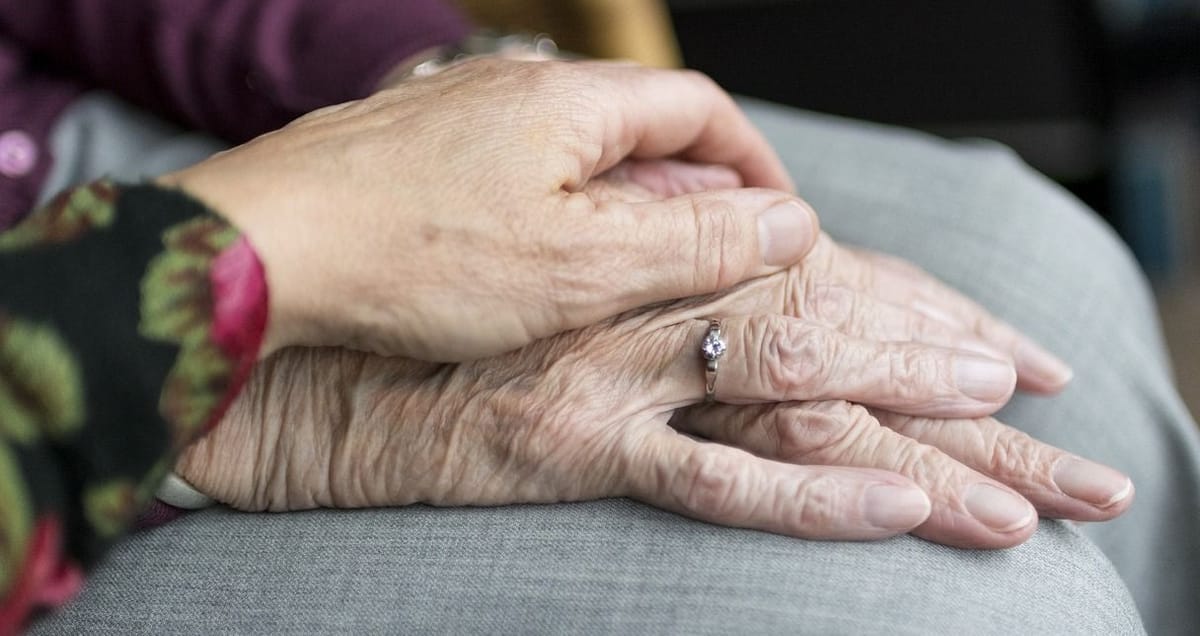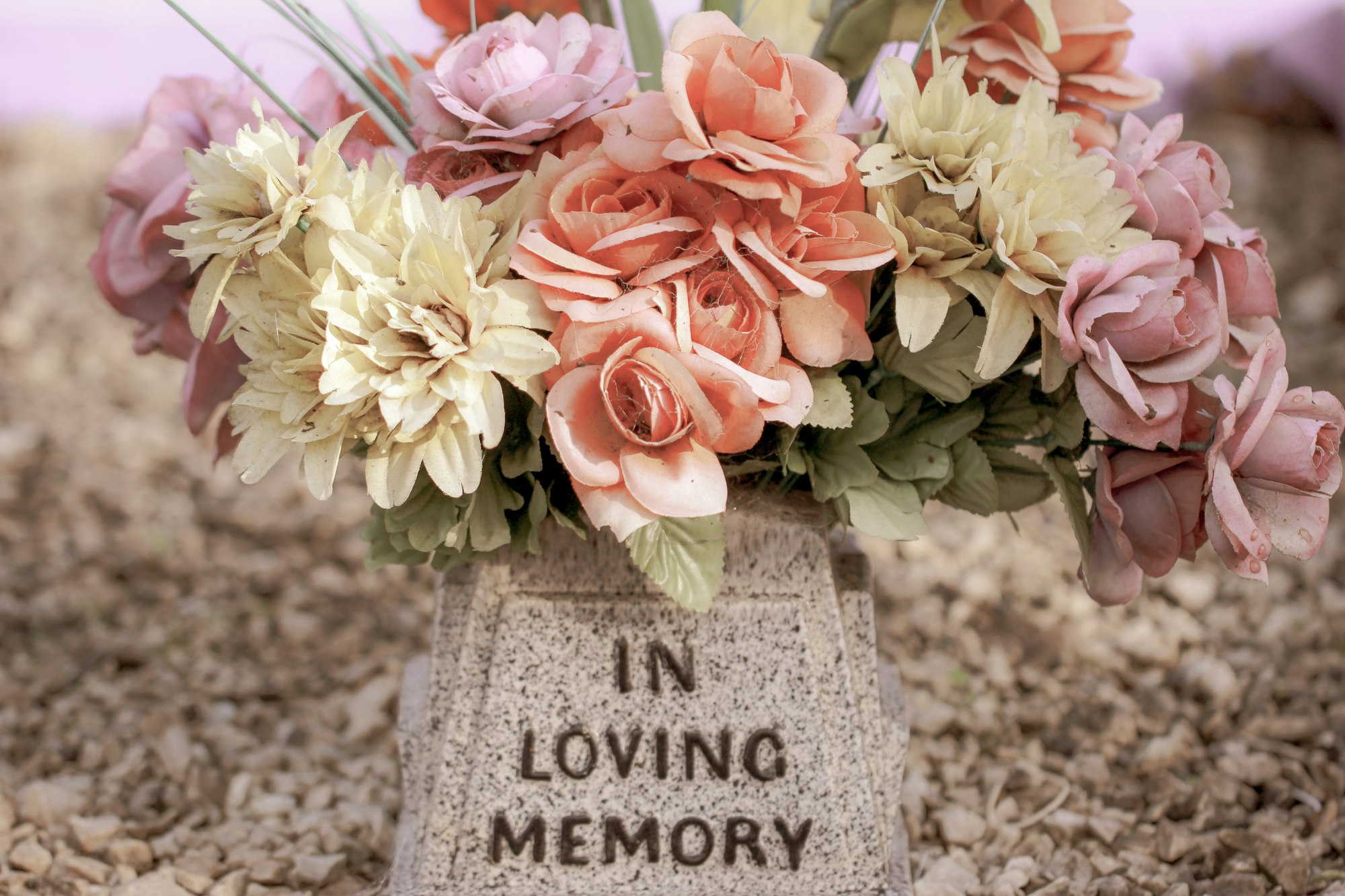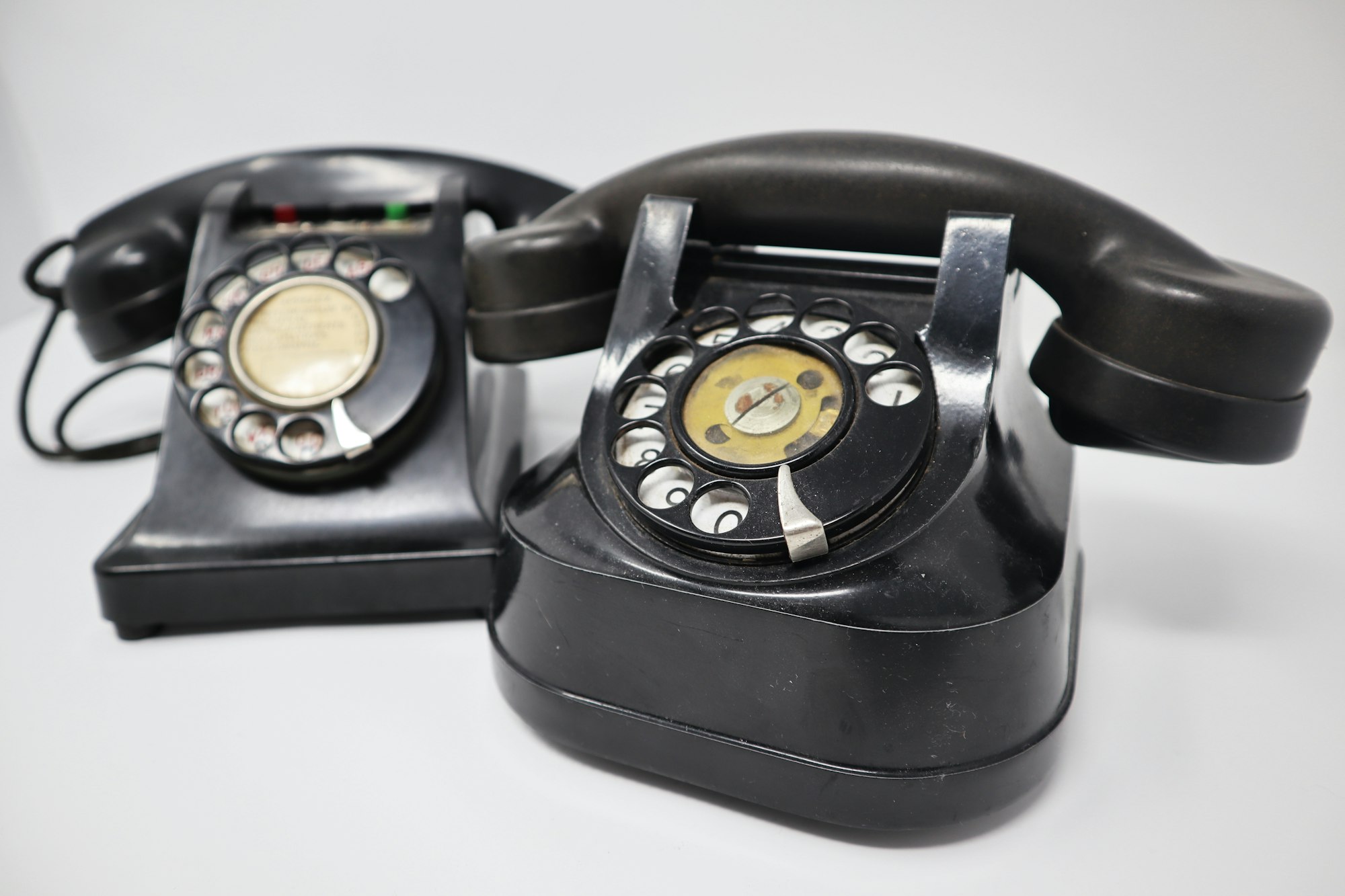How To Live With A Narcissist: A Guide for Caregivers of Narcissistic Parents
If you are individual that has decided to be the primary caregiver for one or both narcissistic parents you will have a host of old feelings to deal with, as you face the challenges of providing day-to-day care

The goal of this lesson is how to survive living with a narcissist. So many family caregivers come to me with such mixed emotions and conflict.
If you are individual that has decided to be the primary caregiver for one or both narcissistic parents you will have a host of old feelings to deal with, as you face the challenges of providing day-to-day care
How to Live with a Narcissistic Parent When You are Their Caregiver
Your aging parent is already demanding and self-centered, as they begin to decline, become incapacitated or seriously ill, those behaviors will escalate.
Understanding Narcissistic Personality Disorder
Narcissistic Personality Disorder (NPD) is a complex mental health condition characterized by a pervasive pattern of grandiosity, a constant need for admiration, and a lack of empathy for others. Individuals with NPD often have an inflated sense of self-importance and believe they are superior to others. This sense of entitlement can lead to manipulative behaviors and difficulty maintaining healthy relationships.
People with NPD may exhibit a range of toxic behaviors, including gaslighting, where they distort reality to make others doubt their own perceptions. They often project their own unacceptable thoughts or feelings onto others, creating confusion and emotional turmoil. This can result in significant emotional abuse for those around them.
Understanding NPD is crucial for recognizing the signs of narcissistic abuse and seeking appropriate help. If you are caring for a parent with NPD, it is essential to seek support from a mental health professional who can provide guidance and coping strategies to manage the challenges you face.
Adult Children and the Narcissistic Parent: One Caregiver’s Story
As an adult child of a narcissistic parent, navigating the complex emotions and behaviors that come with caregiving can be incredibly challenging. One caregiver shared her story of the emotional rollercoaster she experienced while caring for her parent with narcissistic personality disorder.
“I felt like I was walking on eggshells around my parent, never knowing when they would lash out or become critical. I tried to set boundaries, but they would often become angry or dismissive. It was exhausting and emotionally draining. I felt like I was losing myself in the process of caring for my parent.”
This caregiver’s story highlights the importance of seeking support and prioritizing self-care when dealing with a parent with NPD. Recognizing the signs of narcissistic abuse and seeking help from a mental health professional can provide the necessary tools to develop coping strategies and improve your mental well-being.
Caregiving is Hard. Caring for a Parent with Narcissism is Harder
Caring for a parent with narcissistic personality disorder can be particularly challenging due to the toxic behaviors and emotional manipulation that often accompany this condition. Caregivers may experience emotional exhaustion, anxiety, and depression as a result of the constant stress and pressure to meet the parent’s demands.
It’s essential for caregivers to prioritize their own self-care and seek support from a mental health professional to develop coping strategies and improve their mental well-being. This may include setting boundaries, practicing assertiveness, and seeking emotional support from friends, family, or support groups. By taking these steps, caregivers can better manage the emotional toll and maintain their own mental health.
Setting Boundaries and Prioritizing Self-Care
Setting boundaries is crucial when caring for a parent with narcissistic personality disorder. This involves establishing clear limits on what you are and are not willing to do, communicating your needs and feelings assertively, and prioritizing your own self-care.
Prioritizing self-care is essential in maintaining your physical and emotional well-being. Engage in activities that bring you joy, practice mindfulness and relaxation techniques, and seek emotional support from friends, family, or a mental health professional. By taking care of yourself, you can better handle the challenges of caregiving and maintain a healthier relationship with your parent.
Adult Children and the Narcissistic Parent One Caregivers Story
In my past lessons, I spoke of Star and her mother Edith. Star made the decision to bring her mother to her home, after her father died. Star struggled with this decision, as Star was a single parent with 2 sons in college.
Stars mom was the master manipulator. She started to have fainting spells and surprisingly, was also able to call 911 to help her. Stare felt that these were staged fainting spells, but the frequency of the calls to 911 forced Star to agree to move in with her. Those that live with a narcissist you know they are experts at shaming someone into submission.
On a side note here, narcissists start to shame their children early in life. They know that over time, they can push that button so they can manipulate and punish those they seek to control.
Edith, the aging narcissistic parent had a ton of buttons she would push to get her way.
Star was terrified to be trapped at home with her highly toxic mother. She felt helpless to fight her mom.
Star found it difficult to deal with her mom when she lived across town. The thought of being confined in her home, Star felt those old feelings of resentment and powerlessness come to the surface.
Star was struggling financially with 2 sons in college. She tried to rationalize that she would have some financial help to stay in her home. Star felt at the mercy of her mom. Star joined an online support group to help her deal with her mother. Narcissistic relationships are inherently transactional, where the narcissist takes more than they give and often expects unconditional support from others.
It was in this support group I met Star. There were several members in the group that were caring for aging narcissistic parents.
This was so helpful because when living with narcissists you will face unique trials, challenges and obstacles that other family caregiver may not face.
The first suggestion we gave Star was to be on guard about her feelings and needs. Star was encouraged to establish limits and boundaries and not-to back down.
Caregiving is Hard. Caring for a Parent with Narcissistic Personality Disorder, is Harder

Caregiving is stressful and exhausting. Caring for a parent with narcissism is even harder. You are constantly being bombarded with toxic energy. It is psychologically and physically exhausted.
I strongly recommend every primary caregiver to practice self-care and practice stress reduction techniques. This is even more important for those caring for narcissistic parents. Maintaining a healthy relationship requires setting boundaries and cultivating empathy, despite the challenges posed by the narcissist's behavior.
In order to confront the chaos of the household, you must be strong and resilient. This requires adequate sleep and healthy habits, such as eating well and exercising regularly. These self-care activities also help to alleviate stress and to keep you calmer and focused. I’ll address more on this later.
Caregiving is a thankless job. Caring for a narcissist comes with so many different issues other caregivers do not face.
Stars mom Edith was brutal. She criticized everything Star did. She never acknowledged the sacrifices Star had to make to provide a safe home for Edith to live in.
Star thought her mom would help with the finances of the household and make things easier for her. Edith had other plans. Edith believed her money was hers and so was Stars money hers.
Like so many narcissists, Edith never acknowledged the sacrifices that Star. Edith’s treatment of Star stirred up so many disturbing emotions and unpleasant memories.
Star tried so many times to set limits and boundaries. Each time, Edith would find another button to push. Shame and guilt were Stars constant companion. Living with constant unreasonable demands and emotional chaos became a daily expectation in Stars home.
Narcissists Love Drama

Oh and drama. If you live with a narcissist there is always a lot of drama.
No one could have been prepared for the drama she brought into Stars life. Edith was the queen of drama.
Edith hated to be alone. And she went to great lengths to get what she wanted. Star was able to work from home. She had a nice little business that helped her pay the bills.
When Edith moved in, that was the end of Star being able to have people come to her house. Edith insisted that she be where the action was.
Edith refused to wear diapers; they were for babies and old people. She was also incontinent at times. Edith insisted on sitting on the couch in the living room, where all the action was. You can imagine the mess she left behind. It is crucial to manage expectations when dealing with a narcissistic parent like Edith, as realistic outlooks on their behavior can help mitigate frustration.
Star made the decision, purely out of desperation, to get a job outside the home. She wanted to have time away from her mother as well as be able to pay her bills.
Narcissists are Master of Manipulative Behaviors

As you are so aware, narcissists are really good at manipulating people. So it’s not as easy as you might think to reject one. If you have a choice, the easiest way is to simply choose not to become involved with a narcissist. This was not possible for Star. Edith has systematically and consistently eroded Stars sense of self worth.
Many caring for the aging narcissistic parent think that ignoring the situation will make it go away.
Of course, that that depends on the specifics of the situation.
Edith was not going to allow Star to work outside of the home. Star was so excited when a friend of hers of hers offered her a job in her little boutique. Star was looking forward to getting out of the house. She needed to pay her bills. And her mother was not going to contribute. Seeking professional support from online therapy platforms like Talkspace can provide guidance and strategies for managing such challenging relationships.
Narcissists Like to Make Others Feel Uncomfortable

As many listening may know, narcissists like to make people feel uncomfortable. It gives them a sense of power. Oh and Edith was an expert at this.
Edith was a master manipulator, expert at shaming and guilt. She was good at pointing out inadequacies. Edith undermined and weakened Stars self esteem every chance she could.
It’s important to note here that narcissists manipulate others to take undue responsibility for their care. In a narcissistic relationship, prioritizing personal well-being through activities like exercise and mindfulness can enhance interactions with someone exhibiting narcissistic traits.
I shared in an earlier lesson how Edith went to great lengths to get Star fired. Edith would call the police often. She reported that Star had abandoned her, was neglecting her.
After many visits by the police and adult protective services, it was deemed that Star was doing the best she could do with her mother.
When adult protective services suggested that Edith be placed in an alternative setting, they became the enemy.
Edith then focused her manipulative powers on Stars employer. Edith would call a taxi and go to Stars place of employment. Then create drama and a scene. The police were called many times.
Stars employer was a dear friend of hers. She knew the history and the challenges Star faced caring for her mother. After several episodes of drama in the store, her friend had to let her go.
This was a turning point for Star. She was so hesitant to make any changes. Her mom had worn her down since childhood.
Narcissists are Self-Absorbed
Narcissists are often self-absorbed, meaning they have an excessive interest in their own thoughts, feelings, and needs. This can lead to a lack of empathy and understanding for others, as well as a tendency to manipulate and exploit others to meet their own needs.
Understanding this aspect of narcissistic personality disorder is essential in recognizing the signs of narcissistic abuse and seeking help and support. It’s also important to prioritize your own self-care and seek support from a mental health professional to develop coping strategies and improve your mental well-being. By recognizing the self-absorbed nature of a narcissistic person, you can better protect yourself and maintain your self-esteem.
Narcissists are Self Absorbed
Understand that narcissists are very self-absorbed. They believe they are entitled to whatever they want. This can include going where they want when they want. They have no sense of boundaries. They will browse through your personal effects, and tell you how you should feel.
They will feel free to give you unsolicited advice, and they often will pressure you to talk about things you consider private, in a public setting. They will commonly invade your personal space. Simply put, they’re willing to cross any boundary that is not defined and fiercely defended by you the caregiver.
This self-absorbed behavior can also contribute to mental health issues such as eating disorders, impacting body image and overall psychological well-being.
And Edith did just that.
Narcissistic Parents Bombard You with Narcissistic Abuse

When you have a narcissist in your life, like Edith, you are constantly bombarded with criticism and negativity.
What's more, they project and lie and turn things around to make you feel like you're the crazy one. That's why it's vital to have a support system of loving family and friends to help you stay centered.
I watched Star struggle for years trying to get away from her narcissistic mother. She was always waiting for the right moment to make a break for it.
Narcissists Draw Attention to Themselves

Remember, narcissists will do what they can to bring themselves attention. They love the spotlight. As an adult child of a narcissist you were groomed under their spell.
You can't simply wait for a break in the action to make your move. You have to realize they will never get enough attention. No matter what you do. It will never be enough
They will suck you dry.
Star finally hit her boiling point. While she had online support, she did not have a lot of in person support. It is so common for a narcissist to isolate their family members of caregivers from others. For Star that in person support was a man she wanted to marry when she was younger. Her mom interfered to the point , that marriage did not occur.
This relationship, against her mother's wishes, gave Star the courage to start to detach.
When Dealing with Narcissists You May Need to Consult with a Mental Health Professional

I want to address an important point here. I always recommend those dealing with narcissists consult with mental health professionals. They can be so helpful in supporting you and teaching you coping skills as you take the big step to detach from your aging narcissistic parent.
I've learned of the years, so many caregivers cannot afford to see a therapist. I guess that is what has compelled me to do this series. I want to help family caregivers to break from the chains of their narcissistic parent and lead a full and happy life. A life without drama. A life where you will have a support system of healthy relationships. A network of supportive people to help you deal with detaching from the narcissist in your life.
Narcissists Skew Reality

Remember, the narcissist will try to skew your perception of reality. A support system of healthy friends can help you see the truth.
Thats what happened to Star. She finally found the support that pointed out to her that her mother's behaviors were not normal. Star finally realized she was no longer responsible for her mother's problems. She not longer had to try and fix her moms problems.
For Star it took just one person to help her see things in a different light. I have worked with many different family caregivers caring for an aging narcissistic parent.
There are some like Star, that struggle to break away. I have some that live with such anger and rage, and are able to verbalize their feelings about the impact narcissism has had on their lives. Even then, those caregivers or adult children, struggle with detaching. The hold a narcissist has on others that want to break away is beyond reason. I will tell you , many survivors of narcissistic parents have PTSD. It is very real. The pain is very real.
I hope this lesson has made you aware of how living and providing care for a narcissist is going to be a challenge. In the next lesson, I will address how to handle living with a narcissist.
You might also like this article:

















